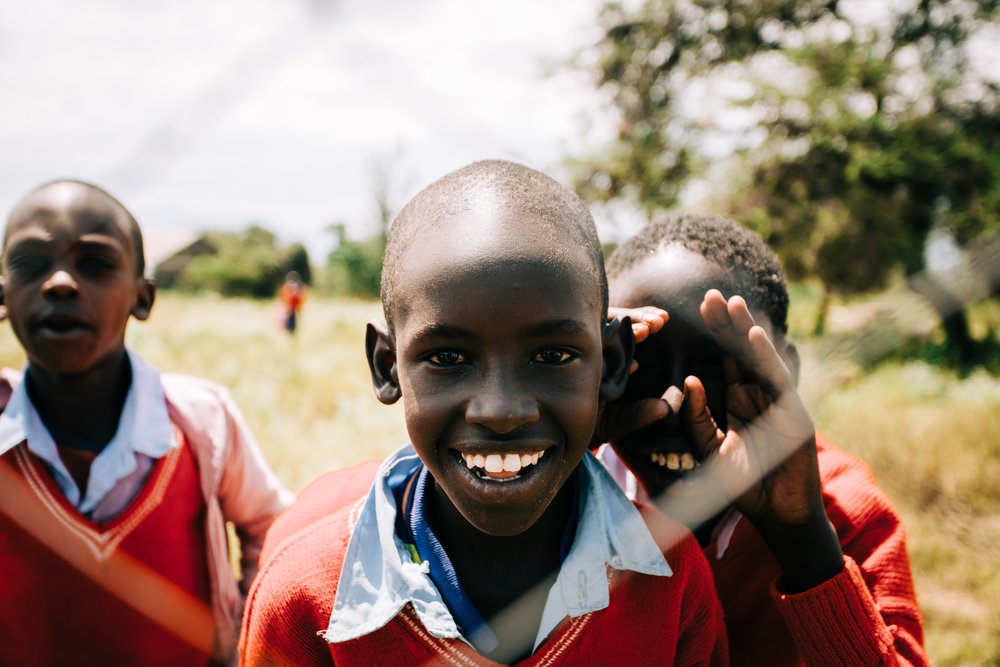During June, SOLA will be publishing a series, “Why My People Need the Gospel” to highlight the global need for the good news of Jesus Christ.
To pray for God’s kingdom work more effectively, we must learn about those we are praying for so that we can pray more specifically and intentionally. Therefore we will be publishing short guides written by people of those countries and cultures so we can exhort the body to pray for all nations. Please note that these responses are just snapshots of the complex socio-political issues of the countries and are not all-encompassing.
We hope this series will encourage and challenge you to pray globally for all nations to be united under the rule of Christ.
Kenya
Kenya is a country on the eastern coast of Africa. It is bordered by Uganda to the west, Ethiopia to the north, Somalia to the northeast, and Tanzania to the south. Modern-day Kenya emerged during the European colonization during the 19th century, and it was governed by Great Britain. Kenya declared independence in 1963. Kenya has a diverse population with an estimated 47 different African communities living within its borders.
Benea lukwe Amakhungu, who lives in Nairobi, Kenya, shares with us about his country.
SOLA: What are some of the major political struggles of Kenya?
BA: Corruption and negative ethnicity, which is the result of different tribes and classes creating conflicts and clashes with different groups.
Note from SOLA: Kenya ranks 144th out of 180 countries by Transparency International’s 2018 Corruption Perceptions Index.
SOLA: What are some of the major cultural struggles of Kenyans?
BA: Female circumcision and child marriages.
SOLA: What are some of the biggest barriers to Christianity for Kenyans?
BA: Cults, witchcraft, and, in some places, illiteracy.
SOLA: How can we pray for Kenya?
BA:
-
That God may open their eyes to the true Gospel
-
That they trust Jesus as their save and not their ancestors
-
That their worldview will be transformed
-
That they will value family life
-
That the church will stand up as the voice of the weak in the society
-
That church leadership will demonstrate high levels of integrity

